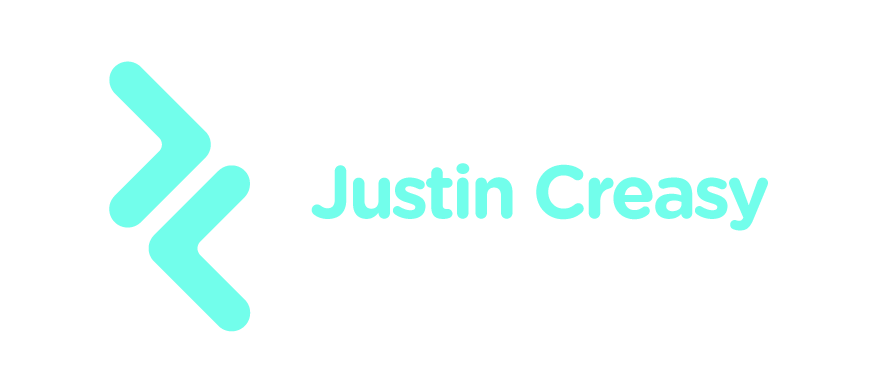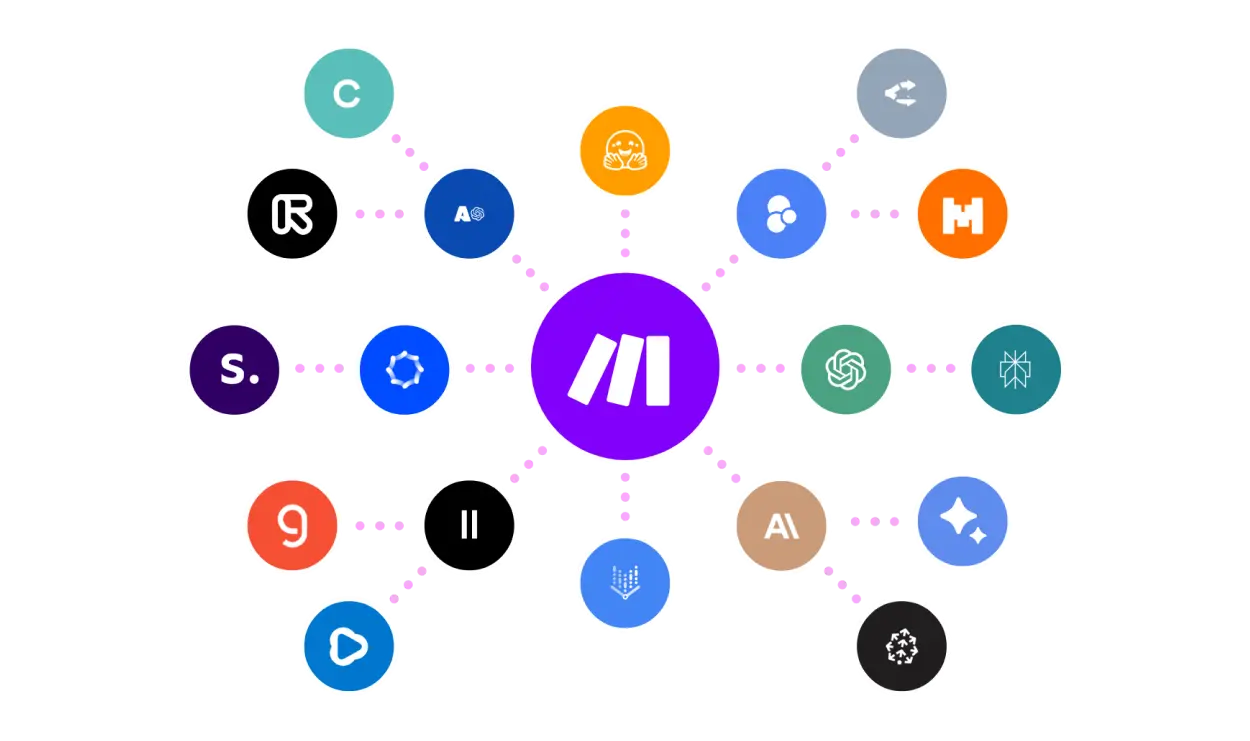Introduction
In today’s digital-driven world, understanding the basics of web development is more important than ever. Whether you’re dreaming of building your own website, looking to boost your resume, or considering a career change, selecting the best web development courses for beginners is your first crucial step. But what exactly are these courses, and why should you care?
Best web development courses for beginners are designed to teach foundational skills in coding and web design. They cover essential tools like HTML, CSS, and JavaScript, which are the building blocks of the internet. Having a solid grasp of these technologies not only opens up countless job opportunities but also empowers you to bring your own creative ideas to life online.
Choosing the right course can be overwhelming with so many options out there. These programs matter because they offer structured learning paths, expert guidance, and practical projects to help you apply what you learn right away. So, where should you start your web development journey?
In this blog post, we’ll explore some of the best web development courses for beginners available today. We’ll highlight programs that offer interactive learning experiences, community support, and flexible schedules to fit your lifestyle. So if you’re ready to embark on a rewarding and exciting journey into the world of coding, keep reading to find the course that’s right for you!
What are the Best Web Development Courses for Beginners, and How Is It Used?
Web development courses for beginners are educational programs specifically tailored to teach individuals the fundamentals of web development. These courses aim to equip learners with essential skills such as HTML, CSS, and JavaScript—key languages used to create and design websites. Let’s delve deeper into how these courses work and why they are an invaluable asset to anyone entering the field of web development.
Understanding the Basics
HTML – The Structure of the Web
HTML, or HyperText Markup Language, is often regarded as the skeleton of a webpage. It provides the structure and format necessary for displaying text, images, and links. Beginners typically start with HTML because it is straightforward and allows them to create basic web pages quickly. Courses teach how to use HTML tags to create elements like headings, paragraphs, and links.
CSS – Styling the Web
Once the structure is in place, CSS (Cascading Style Sheets) comes into play. CSS is responsible for the visual design of a webpage—it controls layout, color, fonts, and overall presentation. Learning CSS allows beginners to transform a plain HTML document into a visually appealing webpage. These courses offer insight into creating responsive designs that look good on any device.
JavaScript – Adding Interactivity
JavaScript is the powerhouse behind user interaction. It makes webpages dynamic and interactive, enabling features like image sliders, form validation, and content updates without refreshing the page. Beginner courses introduce programming concepts through JavaScript, providing a foundation for more complex development tasks.
Why Beginner Web Development Courses are Useful
Structured Learning Path
For those new to coding, structured guidance is crucial. These courses are designed with a beginner in mind, often starting with the basics and gradually introducing more complex concepts as the learner’s confidence grows. This organized approach helps prevent overwhelming learners who might struggle with self-directed study.
Hands-On Projects
Arguably one of the most beneficial aspects of these courses is the incorporation of real-world projects. By working on tangible web development projects, learners can apply their knowledge in practical scenarios—a key factor in effective learning. These projects help solidify understanding and provide a portfolio to showcase to potential employers.
Community and Support
Many courses offer access to a community of fellow learners and experienced instructors. Platforms like Codecademy, Coursera, or freeCodeCamp provide forums or chat groups where beginners can ask questions, share tips, and seek advice. This support system is invaluable for maintaining motivation and overcoming challenges.
Real-World Examples and Use Cases
Building Personal Websites
With the skills acquired from beginner courses, one can create a personal website or blog. This serves as both a learning exercise and a professional portfolio to showcase skills to prospective clients or employers.
Small Business Websites
Many small business owners take web development courses to learn how to build and maintain their own websites, thereby saving on outsourcing costs. For instance, a local bakery could create a simple yet effective website to display their products and services.
Setting the Stage for Advanced Learning
Completing a beginner web development course provides a stepping stone to more advanced web development areas. With a foundational understanding, learners can explore more specialized domains, such as back-end development or mobile app design.
For more information on credible web development platforms, visit sites like freeCodeCamp or Codecademy.
Benefits and Challenges of Best Web Development Courses for Beginners
Benefits of Beginner Web Development Courses
- Comprehensive Learning: Courses cover fundamental web technologies like HTML, CSS, and JavaScript, providing a rounded understanding of how the web works.
- Structured Curriculum: These courses offer a systematic approach to learning, making it easier for beginners to grasp complex concepts.
- Hands-On Projects: Real-world projects are incorporated, facilitating practical application and reinforcing learning.
- Flexible Learning: Many courses are available online with flexible schedules, allowing learners to study at their own pace.
- Assessment and Feedback: Continuous assessments help track progress, with feedback from instructors to guide improvement.
- Community Support: Access to forums and groups provides a platform for learners to seek help and share experiences.
- Career Starter: Provides foundational skills that are essential in pursuing advanced web development roles or freelancing opportunities.
Challenges and Limitations
While the best web development courses for beginners offer numerous advantages, they are not without challenges or limitations. Understanding these can help set realistic expectations for new learners.
Pace and Complexity
One potential challenge is the learning pace. Beginners might find it difficult to keep up with the pace of some courses, especially if they have no prior experience with coding. While courses aim to build up complexity gradually, learners must be prepared to invest time and effort outside of structured lessons.
Information Overload
With vast amounts of information available, learners can feel overwhelmed by the diversity of topics within web development. It’s crucial to focus on one area at a time and use the course’s structured approach to prevent losing focus.
Practical Application
Despite the inclusion of hands-on projects, some learners may struggle to apply theoretical knowledge to real-world scenarios. This challenge can be mitigated by complementing course material with additional projects or freelance work, gradually increasing practical experience.
Need for Self-Motivation
Online courses require strong self-discipline. Without the traditional classroom accountability, individuals might find it difficult to stay motivated and consistent with their studies. Setting clear goals and maintaining a routine can help tackle this challenge.
Keeping Up with Industry Changes
The tech industry evolves rapidly, with new tools and technologies constantly emerging. While beginner courses provide a solid foundation, learners must continue to engage with the industry to stay updated on the latest trends and tools. According to the 2022 Stack Overflow Developer Survey, web developers need to update their skills to remain relevant in the industry regularly.
For insights into the latest trends and demands in web development, check out the Stack Overflow Developer Survey.
Best Practices for Using Best Web Development Courses for Beginners
Embarking on a journey to learn web development can be both exciting and daunting. To get the most out of your beginner web development course, consider these best practices to enhance your learning experience and set yourself up for success.
Setting Clear Goals
Define Your Objectives
Start by understanding why you want to learn web development. Are you interested in building a personal website, shifting to a tech career, or simply learning a new skill for fun? Having clear goals will help you stay motivated and focused.
- Build a personal website: Learn to showcase your work or hobbies online.
- Career change: Acquire skills needed to transition into tech roles.
- Skill enhancement: Gain a foundational understanding of coding.
Choosing the Right Course
Research Thoroughly
Not all courses are created equal. Look for courses that offer:
- Comprehensive Curriculum: Ensure the course covers HTML, CSS, and JavaScript.
- Interactive Content: Choose courses with videos, quizzes, and hands-on projects.
- Credible Instructors: Opt for courses led by experienced web developers.
- Positive Reviews: Use platforms like Coursera, Udemy, and edX to read reviews and ratings.
Creating a Study Plan
Structure Your Learning
Create a study schedule that fits your lifestyle. Consistency is key.
- Daily Routine: Dedicate a specific time each day to study.
- Break it Down: Tackle one topic at a time to avoid feeling overwhelmed.
- Set Milestones: Small achievements can boost motivation.
Utilizing Course Resources
Leverage Available Tools
Make the most of the resources offered by your course.
- Downloadable Materials: Utilize notes, summaries, and additional reading materials.
- Practice Labs: Engage in coding exercises and sandbox environments.
- Feedback and Assessments: Take quizzes and exams seriously to identify weak areas.
Engaging with the Community
Participate Fully
Joining a community can enhance your learning experience.
- Discussion Forums: Join platforms like freeCodeCamp for peer support.
- Networking: Connect with fellow learners and instructors for insights and advice.
- Study Groups: Form or join groups to collaborate on projects and exchange ideas.
Applying What You Learn
Real-World Application
Learning by doing is one of the most effective strategies.
- Personal Projects: Build a portfolio by creating personal websites or blogs.
- Freelance Work: Take on small projects to gain practical experience.
- Hackathons and Challenges: Participate in coding challenges to test your skills under pressure.
Staying Updated with Industry Trends
Continuous Learning
Web development is an ever-evolving field. Stay current by:
- Following Influencers: Keep an eye on industry leaders on platforms like Twitter and LinkedIn.
- Reading Blogs: Blogs like CSS-Tricks and Smashing Magazine offer valuable insights.
- Joining Webinars and Conferences: Engage with live events to learn about the latest trends and technologies.
Maintaining Motivation
Keep the Momentum
Staying inspired can be challenging, but it’s crucial for success.
- Celebrate Small Wins: Acknowledge and reward your achievements.
- Iterative Learning: Revisit previous lessons to reinforce understanding.
- Visualize the Outcome: Keep sight of your end goal to stay driven.
Conclusion
By following these best practices, you’ll be better prepared to tackle your web development course confidently and effectively. Remember, learning to code is a journey, and persistence is your best ally in mastering this valuable skill.
In conclusion, embarking on a journey with the best web development courses for beginners can be a life-changing experience, opening doors to countless opportunities in the digital world. These courses lay the groundwork for understanding essential technologies like HTML, CSS, and JavaScript, which are crucial building blocks for any aspiring web developer. The structured learning paths, hands-on projects, and community support they offer provide a comprehensive and supportive environment for mastering these skills.
The journey, however, doesn’t end with completing a course. It’s just the beginning. Success in web development relies on continuous learning and staying updated with industry trends. Challenges like information overload, self-motivation in online learning, and keeping pace with technological advancements should be anticipated and strategically managed. With clear objectives, the right course selection, and a consistent study routine, you can navigate these challenges effectively.
Remember, the end goal is not just to acquire skills but also to apply them in meaningful ways—whether by creating a personal website, helping a local business establish an online presence, or transitioning into a new career in tech. Best web development courses for beginners offer the tools you need for these achievements and much more.
Why not take your first step today towards mastering web development? Which of these aspects excites you the most, and how do you plan to overcome potential challenges in your learning path? Reflect on these questions as you embark on what promises to be a rewarding journey in the world of web development. Keep learning, stay curious, and let your passion for coding shape your future.




